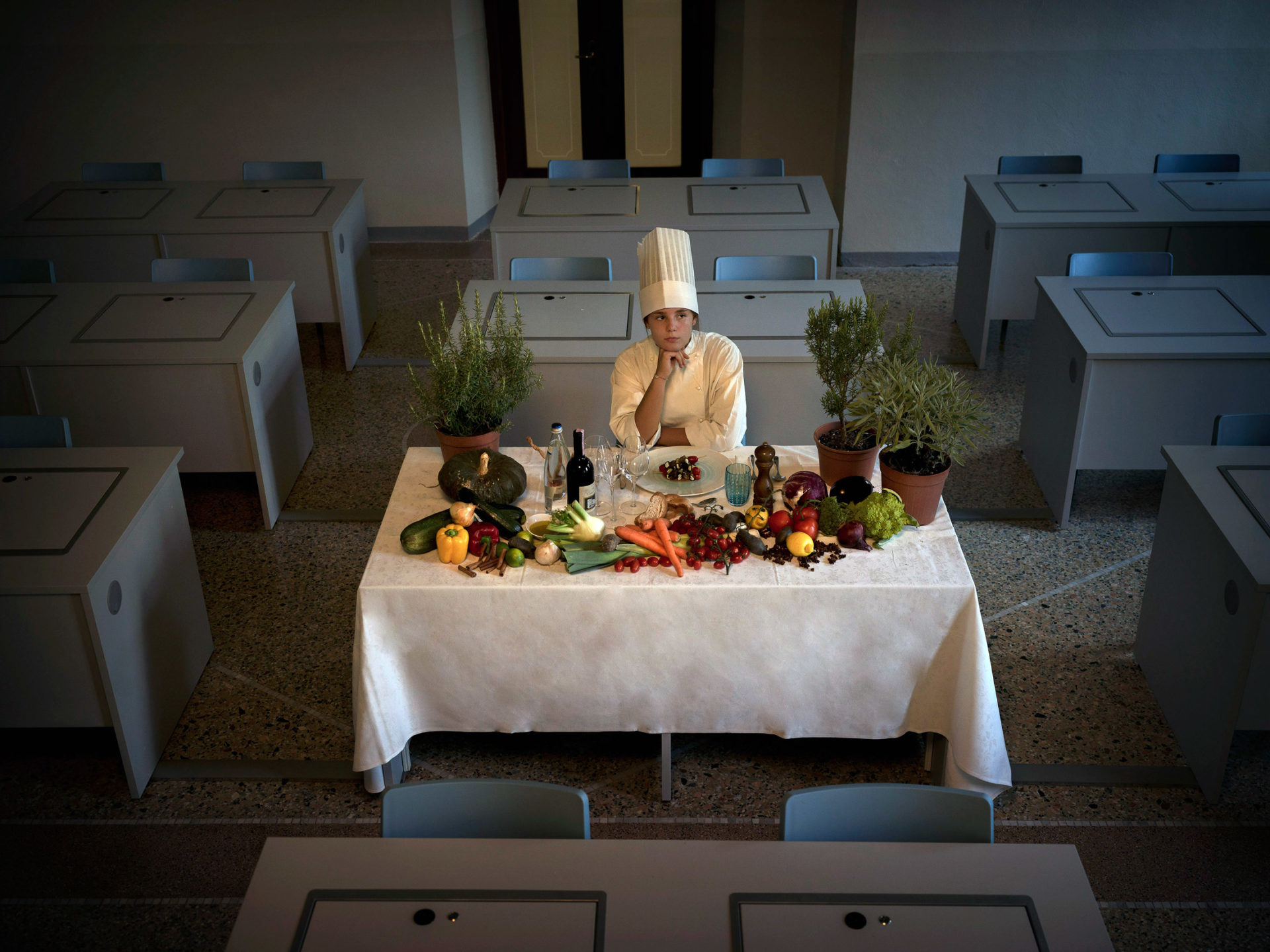
Austerity and deprivation sharpen the appetite for fantasy, which invents myths or creates circumstances in which there can be heavenly, sybaritic feasts where the inventiveness and variety of the tale vies with the sophisticated abundance of real food. This sophisticated gastronomy, which transformed the natural appearance of the ingredients and, apart from satisfying the degustatory expectations of the guests, was intended to produce a sensational effect in terms of presentation, is known to us from Roman banquets. Constantly depicted in Latin literature, these dishes seem to have been known to the Byzantines too; not just as examples of literary intertextuality but also as culinary experiences. This gastronomy is primarily a projection of desire, a notional inversion of the enforced frugality of the Mediterranean daily diet, which throughout the ages had been the counterpart of the abundance enjoyed by the nobility and the lot of the majority of the peoples of the wine-dark Mediterranean Sea.
Ilias Anagnostakis
historian
‘Flavours and Delights, Tastes and Pleasures of Ancient and Byzantine Cuisine’